
Insurers urged to focus on coverage gaps, resiliency
They are also told to leverage technology strategically to improve their business strategies.
Insurers are told to focus on coverage gaps and improve resiliency in 2025 as mounting challenges from climate change and evolving customer needs put the industry in a critical juncture, a report from PwC highlighted.
According to the report, accelerating risks from climate change are challenging the viability of insurance markets. To help derisk, carriers have raised premiums, offered more restrictive coverage terms and in some cases exited markets altogether.
“Whilst these moves make financial sense in the short term, insurers need new risk solutions to stay true to their purpose of not just protecting lives and property but also enabling economic and social development. Of course, you can’t underwrite every risk and you can pay out only so much in claims, but there is a pressing need for innovative solutions to a growing and increasingly serious coverage gap,” PwC said.
PwC suggests that carriers should incentivise people and not just policyholders to protect themselves. The report also suggests that insurers expand their work with community leaders to mitigate climate risk and be more proactive in alerting communities and individuals to government funding that's currently available for some of these resiliency interventions.
The report also highlighted the need for insurers to get more out of their technology investments. In its market survey, PwC revealed that top performers’ cloud activity technical adoption focused on data modernisation, security, innovation and prototyping, and artificial intelligence.
To effectively harness innovations like generative AI (GenAI), insurers are told to consider underpinning processes.
To capitalize on the increased organizational capacity that innovative tech promises, insurers need to confirm that their operating models can accommodate the evolving nature of work. As routine tasks are automated, roles can shift toward more strategic, analytical and high-value decision-making responsibilities.










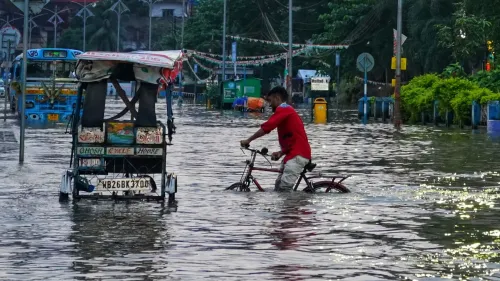
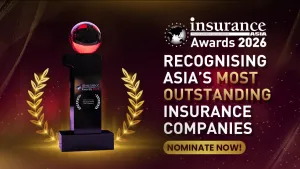
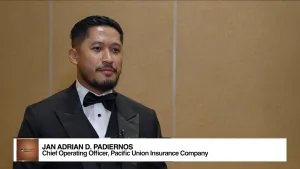
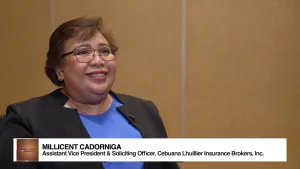



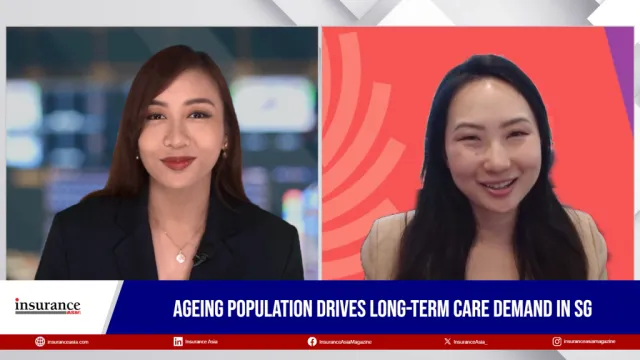

 Advertise
Advertise







